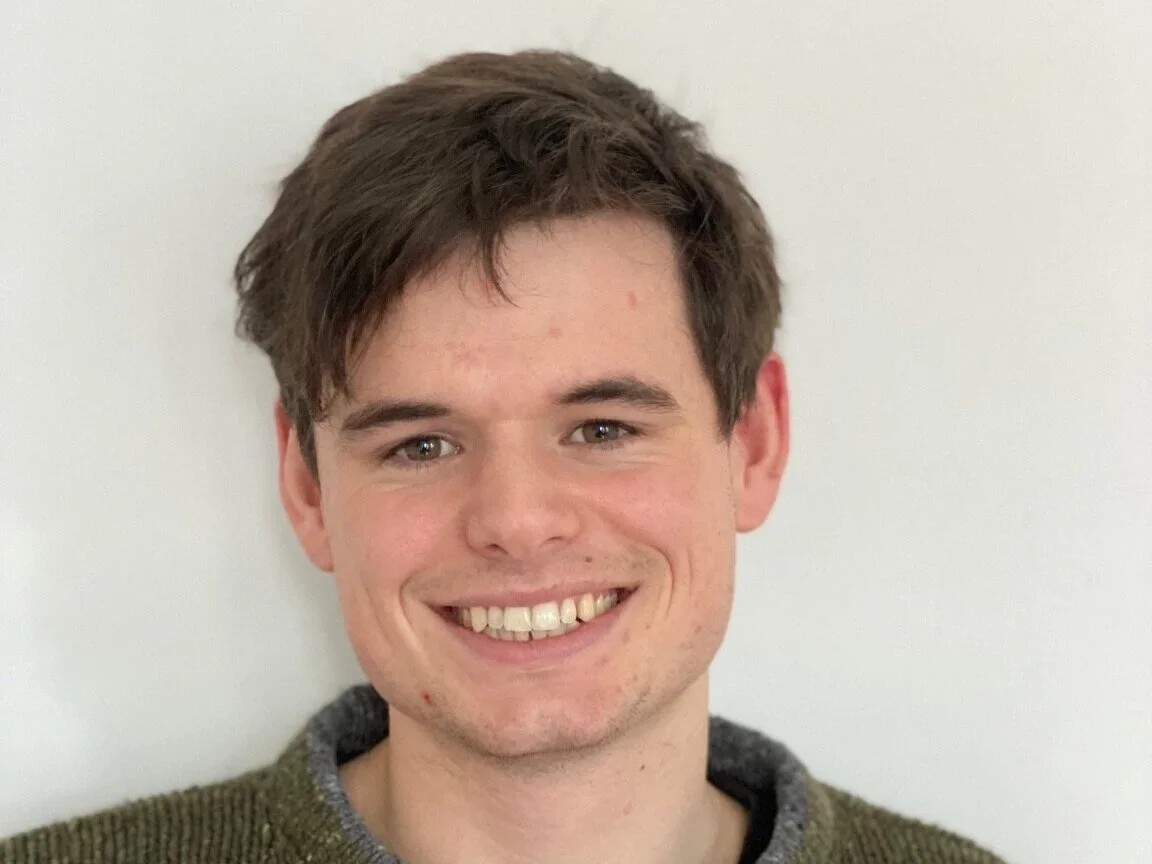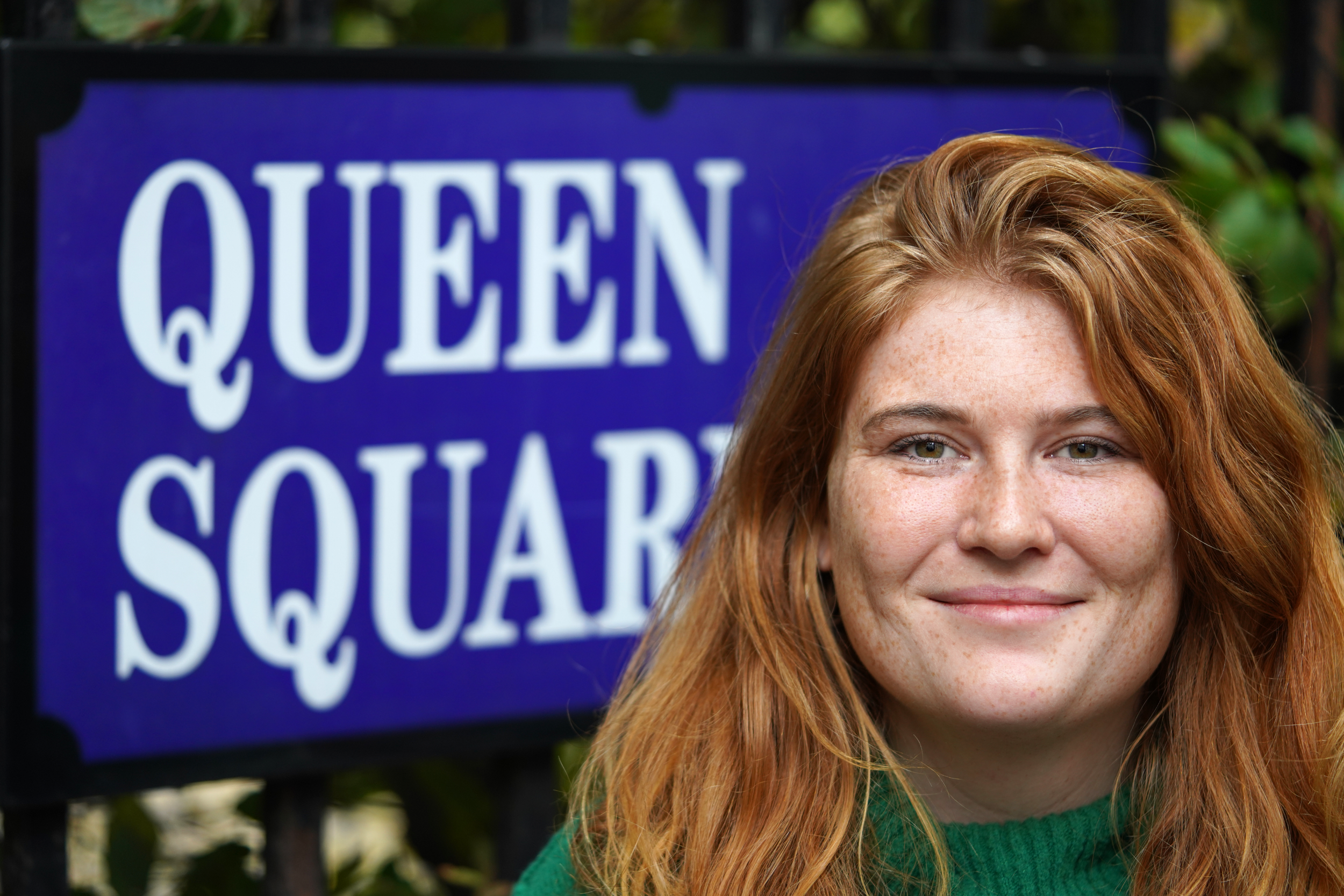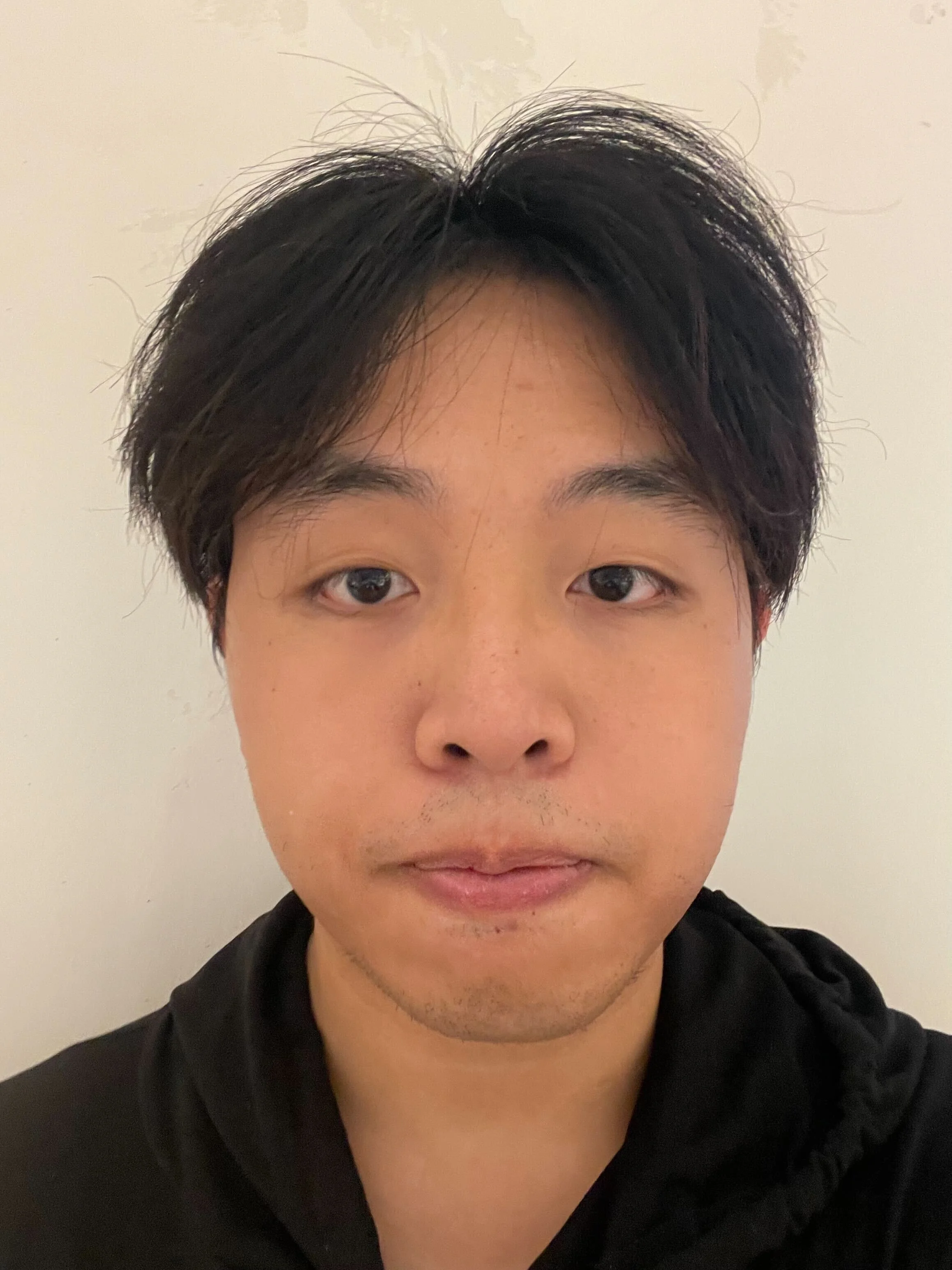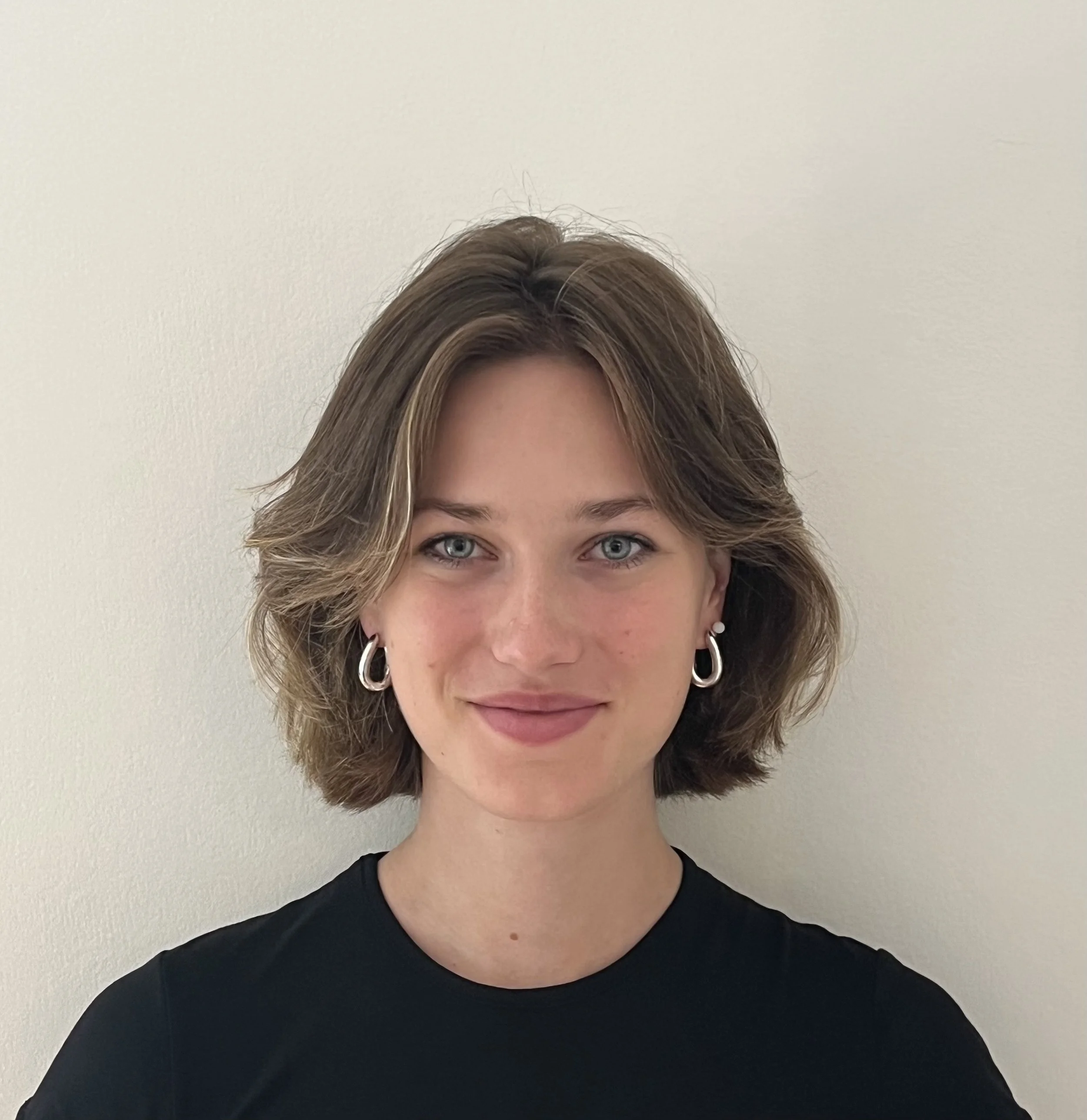Principal Investigator
Prof. Stephen Fleming [cv] [@smfleming]
stephen.fleming [at] ucl.ac.uk
Steve Fleming is Professor of Cognitive Neuroscience at UCL’s Institute of Cognitive Neuroscience and Department of Experimental Psychology, and Group Leader at the Max Planck UCL Centre for Computational Psychiatry. He studied Psychology and Physiology at the University of Oxford before completing his PhD at UCL and postdoctoral studies at New York University. Steve’s work aims to understand the mechanisms supporting human subjective experience and metacognition by employing a combination of psychophysics, brain imaging and computational modelling. This research has been recognised by awards including the British Academy Wiley Prize in Psychology (2016), a Philip Leverhulme Prize in Psychology (2018), the British Psychological Society Spearman Medal (2019), election as a Fellow of the Canadian Institute of Advanced Research (2023), and the Royal Society Francis Crick Medal and Lecture (2025). He was a previous Executive Director of the Association for the Scientific Study of Consciousness (2014-2020) and is an editor at the journals PNAS Nexus and Mind and Language. He writes widely for a general audience, including articles for Aeon, New Scientist and Scientific American, and is the author of Know Thyself (2021), a trade book on the science of metacognition.
Lab Manager
Sarah Kalwarowsky
s.kalwarowsky [at] ucl.ac.uk
Sarah joined the MetaLab in February 2024 as Research Project Manager. She completed her B.Sc. (hons) in Life Sciences and her M.Sc. in Neuroscience at Queen’s University in Canada before moving to the United Kingdom in 2011. Since then, she has worked on a wide range of research projects at UCL, Birkbeck, Imperial College London and the University of Hertfordshire. She is currently working as Research Project Manager on the Templeton World Charity Foundation funded ‘ETHOS - Empirical Tests of Higher-Order theories of consciousnesS’ project.
Postdoctoral Research Associates
Dr. Jason da Silva Castanheira [@jasondasilvac]
j.castanheira [at] ucl.ac.uk
Jason uses a combination of cutting-edge neurophysiological methods, machine learning, and computational modelling to study how the brain selects information from our surroundings. His research interests range from attention and conscious perception, to inter-individual differences and neurophysiological methods. Jason joined the lab in 2024 as a Research Fellow at the Department of Experimental Psychology, UCL after completing his Ph.D. in Neuroscience at the Montreal Neurological Institute, McGill University.
Dr. Kevin O'Neill [https://kevingoneill.github.io] [@kevingoneill] kevin.o'neill [at] ucl.ac.uk
Kevin studies how we reason about causal and counterfactual relationships, and likewise how we metacognitively evaluate this kind of reasoning. In his research, Kevin uses a mixture of methods from cognitive psychology, computational modeling, and experimental philosophy. Kevin joined the lab as a Research Fellow in the Department of Experimental Psychology in 2024 after completing his PhD in Psychology and Neuroscience at Duke University.
Dr. Kaiden Stewart
kaiden.stewart [at] ucl.ac.uk Kaiden completed his PhD in Cognitive Psychology at the University of Waterloo, where he studied the metacognition of human reasoning. He joined the lab as a Research Fellow in 2025 to study metacognition from a social perspective. He is interested in the way we represent our own minds and the minds of others and the way these representations allow humans to optimize our behaviour and interact with others.
PhD Students
Cormac Dickson
cormac.dickson.20 [at] ucl.ac.uk
Cormac completed his BAI and subsequently MAI in Mechanical and Manufacturing Engineering at Trinity College Dublin, before working as a design engineer in the energy sector. Since then, a growing interest in how our perception of reality itself is constructed motivated a change in direction towards the brain sciences and a MSc in Psychological Sciences at UCL. Cormac is a Ph.D. student with the COMP2PSYCH program of the International Max Planck Research School, and is investigating relationships between mind-wandering, inference and mental health.
Martha Cottam
martha.cottam.23 [at] ucl.ac.uk
Martha is a PhD student at University College London on the LIDo doctoral training programme. She joined after completing an MSc in Translational Neuroscience at Imperial College London. Her current research seeks to investigate the neural and computational mechanisms underpinning perceptual awareness using computational modelling, MEG and laminar fMRI.
Tianqi Zhan tianqi.zhan.23 [at] ucl.ac.uk
Tianqi completed her MRes in Cognitive Neuroscience at UCL, where she worked with Marco on a project studying metacognition in social contexts. She has now joined the lab as a Marie Skłodowska-Curie Trainee Fellow as part of the CODE Doctoral Network on metacognition. Her PhD research focuses on understanding how metacognition relates to information-seeking and cognitive offloading, and the factors that influence these processes.
Richard O’Farrell richard.o'farrell.22 [at] ucl.ac.uk
Richard completed his MSc in Cognitive Neuroscience at UCL, where he investigated how we ‘offload’ or store information in our environment via digital tools. After a brief Research Assistant position in University of Sussex’s Representational Systems Lab, he joined the MetaLab in 2024 as a PhD student examining the timescale of conscious perception – specifically, what the temporal resolution of awareness can tell us about its adaptive function.
Joel Vasama joel.vasama.24 [at] ucl.ac.uk
Joel is interested in the mechanisms for how we understand others and ourselves. Picking up a background in Psychology (King’s College London) and Neuroscience (MSc Uni of Tübingen), Joel’s often studies (dys)function at a neural and behavioral level using neurocognitive modelling. Joining the lab in 2024 as a PhD student in the IMPRS COMP2PSYCH program, in his PhD Joel hopes to explore interactions in self-other representations in social interaction, and how changes in the self, for example, due to mental illness, influence this process.
Yan Wu yan.wu.20 [at] ucl.ac.uk
Yan is interested in how our onetime, lived experiences are encoded and later recalled as autobiographical memories. She also asks about how these memories change after a night’s sleep, and months later after systems consolidation. She combines Virtual Reality and 7T laminar fMRI to examine how these are realised through interactions between the prefrontal cortex layers and hippocampus at the laminar and subfield levels. Yan started her PhD with Eleanor Maguire and is now continuing her PhD in the MetaLab.
Luna Huestegge
luna.huestegge.20 [at] ucl.ac.uk
Luna completed her MRes in Cognitive Neuroscience at UCL, where she worked with Nadine and Cristina on a project investigating how the brain tells apart imagination from reality. She has now joined the lab as a Wellcome PhD student in Mental Health Sciences, studying subjective experience and, more specifically, the cognitive and neural mechanisms that underlie hallucinations.
Research Assistant
Chang (Christina) He chang.he.24 [at] ucl.ac.uk
Christina completed her BA in Experimental Psychology at the University of Oxford before pursuing an MSc in Cognitive and Decision Sciences at UCL, where she joined the MetaLab for her master’s project. Her research used behavioural and computational methods to investigate how confidence guides the formation of simplified task representations. Christina is now continuing in the lab as a Research Assistant, extending this line of work to examine how attention and knowledge of goals shape task representations for planning in both behavioural and neuroimaging experiments. In parallel, she is exploring the functional role of consciousness in model-based planning.
MSc Students
Jiong Xiao jiong.xiao.25 [at] ucl.ac.uk
Jiong completed his MA in Cognitive and Science at the University of Edinburgh. Previously, he used behavioural and computational methods to investigate how people select actions in light of the idea of resource-rationality. Jiong is interested in the connection between consciousness and cognition. In his current master’s project, he will investigate how a goal shapes how we perceive and form mental representations of the task environment.
Maria Vittoria Soda maria.soda.22 [at] ucl.ac.uk
Maria Vittoria Soda is an MSc student in Cognitive and Decision Sciences at UCL, currently conducting her master’s project in the MetaLab. She works with Kaiden Stewart and Joel Vasama on research examining how people predict what others will and won’t perceive in shared environments. Using computational and behavioural methods, her project explores how predictions about others’ perceptions differ from self-evaluation.
Panagiotis Filalithis panagiotis.filalithis.25 [at] ucl.ac.uk
Panos completed his BSc specializing in Biomedical Science and Cognitive Neuroscience at University College Utrecht. He is broadly interested in systems and cognitive neuroscience, as well as applications of neuroscience for clinical conditions and rehabilitation. He is currently an MSc Neuroscience student at UCL who joined the lab for his research project. Panos will be working with Martha to investigate the neural basis of perceptual awareness using ultra-high field 7T fMRI.
Xinyue (Cinthia) Liang xinyue.liang.25 [at] ucl.ac.uk
Cinthia completed her BS in Applied Psychology at the Chinese University of Hong Kong, Shenzhen before pursuing an MSc in Artificial Intelligence for Biomedicine and Healthcare at UCL. She will be working with Jason da Silva Castanheira and Kevin O’Neill to investigate value-driven representational compression project.
Undergraduate Student
Amélie Goertz
amelie.goertz.24 [at] ucl.ac.uk
Amélie is a second-year undergraduate studying for a BSc in Psychology at UCL. She previously interned at the Vision Lab at CEU, where she engaged with models of metacognition. She is joining the lab as an undergraduate volunteer.
Alumni
Dr. Marco Wittmann completed a post-doc in the lab from 2021-2024. Marco is now MRC Career Development Fellow and PI at Experimental Psychology at UCL, where he started his own lab in 2024. Visit his website for more details about his new lab and his research.
Dr. Benjy Barnett completed his PhD with the MetaLab in 2024 and stayed on to do some post-doctoral work with us. He explored the relationship between neural representations of sensory absence and more high-level, conceptual representations of absence. He has joined the Uncertainty Lab at Birkbeck.
Claire (Qianqian) Yan did a MSci Psychology project in the Metalab exploring the implicit social influences on metacognition. She is now pursuing her PhD.
Dezhi Luo spent a year in the Metalab doing a psychology affiliate project before returning to complete his degree at the University of Michigan.
Hélène Van Marcke spent 5 months at the MetaLab uncovering the longitudinal aspects and intricate interactions between confidence in decisions, tasks and the self. She has returned to complete her PhD at KU Leuven.
Dr. Nadine Dijkstra completed a post-doc with the MetaLab focusing on the relationship between mental imagery and perception. Nadine started her own lab in 2024.
Cristina Uribe completed her MSc with Dr. Nadine Dijkstra on a project focused on using TMS to make imagination feel real. Her primary academic interest lies in unraveling the intricacies of how the brain gives rise to consciousness and subjective experiences.
James Knight completed his Masters project in the lab, focusing on modelling the temporal dynamics of conscious awareness to understand how detection and discrimination confidence is influenced by prior observations.
Nadia Hosseinizaveh joined the lab as a visiting PhD student. She has now resumed her PhD in cognitive science at Ecole Normale Supérieure in Paris where she is trying to investigate the role of confidence in perceptual learning.
Yongling Lin was a visiting researcher to the lab from Beijing Normal University in 2022, funded by a China Scholarship Council Award as a part of her PhD investigating social cognition. She has now joined Dr. Marco Wittmann’s lab.
Nan Chen worked as a research assistant in the MetaLab focussing on understanding human adaptability to novel environments. She is now beginning her PhD in Germany.
Dr. Sucharit Katyal completed a postdoc in the MetaLab investigating the possibilities and mechanisms of metacognitive training. He is now at the University of Copenhagen.
Dr. Clara Colombatto completed a postdoc in the MetaLab studying social perception, with a special focus on the interplay between metacognition and social cognition. She is now faculty at the University of Waterloo.
Thomas von Rein completed his master’s research alongside Nadine, focusing on neuroimaging of the interaction between perception and imagination.
Florencia Calderón completed her Masters project in the MetaLab working with Benjy to study social cognition with OP-MEG. She is a now a PhD student at the Max Planck School of Cognition.
Astrid Lund visited the lab from King’s College London to investigate domain-generality in metacognition. She is currently completing her PhD with Dr. Charlotte Russell.
Kostya Koleda completed his Master's research project in the lab, working on extending out the higher-order state space model to accommodate perceptual reality monitoring.
Alexane Leclerc completed her Masters' dissertation (part of the dual masters in Brain and Mind Sciences) supervised by Dr. Nadine Dijkstra on imagery vividness and perceptual reality monitoring.
Andrew McWilliams was a clinical research fellow and PhD candidate on the Wellcome-funded Mental Health and Justice project (https://mhj.org.uk/), co-supervised by Steve, Anthony David (UCL) and Gareth Owen (KCL). His PhD explored the role of metacognition in decision-making capacity.
Dan Bang was one of the first postdocs in the MetaLab, joining us in 2015. He studied the neural basis of decision confidence and how it is modulated by social context, and spearheaded a collaboration with Read Montague and Ken Kishida to measure neurotransmitter fluctuations during human perceptual decision-making. Dan went on to hold an independent Sir Henry Wellcome Fellowship and in 2023 started his own lab at Aarhus University.
Yuena Zheng completed her Masters project investigating how different regions in frontal and parietal cortex work together to support decision confidence formation, together with Dr Dan Bang.
Elisa van der Plas completed her PhD in the MetaLab under the supervision of Steve and Prof. Anthony David. Her project was part of the interdisciplinary Mental Health and Justice initiative, and investigated what roles metacognition and social influence play in decision capacity.
William Turner visited the lab during his PhD project at the University of Melbourne under the supervision of Stefan Bode.
Oliver Warrington was a research assistant at the MetaLab from 2019-2020. He is now pursuing a PhD with Peter Kok, studying computational mechanisms of perception.
Nadim Atiya was a postdoc with the MetaLab and the Max Planck UCL Computational Psychiatry Centre. He investigated how disorders of mental health can affect the neural circuit dynamics underlying decisions and confidence estimates. Nadim is now a Lead Machine Learning Engineer at ZILO.
Lion Schulz was a MSc student in the MetaLab who investigated how individual differences in metacognitive ability and information seeking relate to political beliefs, together with Max Rollwage. Lion went on to complete a PhD with Peter Dayan at the Max Planck Institute for Biological Cybernetics.
Roy Tal Dew completed his Masters project in the lab, as part of the Dual Masters in Brain and Mind Sciences at UCL. He worked with Matan Mazor to investigate the neural representations of stimulus absence.
Chudi Gong completed her Masters project in the lab exploring the distinct neural representations of confidence in detection and discrimination tasks, together with Matan Mazor. Chudi is now an RA at Beijing Normal University.
Marion Rouault was a postdoc in the Metacognition Group between 2015 and 2019. She investigated how global beliefs about our skills and abilities are constructed from local confidence signals at behavioural, computational and neural levels, and how these processes are distorted in disorders of mental health. In 2023 Marion started her own lab as a tenured CNRS PI at the Paris Brain Institute.
Matan Mazor completed his Ph.D. in the MetaLab, supervised by Steve and Prof. Karl Friston, in which investigated the neural and computational basis of inference about absence, and its relation to self-modelling. Matan now holds a postdoctoral fellowship at All Souls’ College, Oxford.
Max Rollwage completed his PhD with the MetaLab as part of the IMPRS COMP2PSYCH programme, and supervised by Steve and Ray Dolan. He investigated the link between metacognition, confidence and political beliefs. Max is now a Head of Research, Development and AI at Limbic.
Keer Dong was a Cognitive Neuroscience MRes student who worked with the Elisa van der Plas and Peking University in China to understand cross-cultural influences on decision-making and confidence.
Xiao Hu visited the lab during 2017-2018 from Beijing Normal University, funded by a China Scholarship Council Award as part of his PhD on metamemory.
Alisa Loosen completed her Masters project in the lab, as part of the Dual Masters in Brain and Mind Sciences at UCL and ENS/UPMC. She worked with Max Rollwage on the effects of confidence on changes of mind. Alisa went on to complete a PhD on the IMPRS COMP2PSYCH programme and is now a postdoc at Mount Sinai School of Medicine.
Juliana Sporrer completed her Masters project in the lab as part of the Dual Masters in Brain and Mind Sciences at UCL. She investigated how expectations and rewards impact confidence and its relationship with mood at behavioural and computational levels. Juliana is now a PhD student on the IMPRS COMP2PSYCH programme.
Sara Ershadmanesh visited the MetaLab on a scholarship from the Cognitive Science and Technologies council in 2018-19, and worked with Dan Bang to develop computational models of the effects of context on metacognitive judgments. She is now a postdoc in Peter Dayan’s group at the Max Planck Institute for Biological Cybernetics.
Rylan Schaeffer completed his Cognitive Neuroscience MRes at UCL in the MetaLab, working on the effects of belief stability on confidence estimates. He is now a Data Scientist at Uber.
Jason Carpenter was a research assistant in the lab from 2015-2017, managing our R01-funded collaboration with Hakwan Lau at UCLA. He is now a Machine Learning Engineer at AI consulting company Manifold.
Oriane Armand completed her MSc in Advanced Neuroimaging in the MetaLab, working on motor contributions to metacognition. She is now a PhD student in Ophelia Deroy’s group at the Munich Center for Neurosciences, LMU.
Tricia Seow graduated from the MSci in Neuroscience at UCL and was a research assistant in the lab from 2015-2017. Tricia then went on to complete her PhD in Claire Gillan’s group at Trinity College Dublin, and is now a Sir Henry Wellcome Postdoctoral Fellow at the Max Planck Centre for Computational Psychiatry and Ageing Research.
Steven Chau completed his medical training in psychiatry before joining the MSc in Neuroscience programme at UCL. His thesis focused on developing single-trial estimates of metacognitive efficiency.
Shaima Alsuwaidi studied for a Bachelors in Chemical Engineering before joining the MSc in Neuroscience programme at UCL. She completed her thesis with Marion Rouault, working on how prior experience affects confidence estimates.
Collaborators
Exeter University
Jonathan Huntley
Paris Brain Institute
Marion Rouault
UCLA
Hakwan Lau
University of Zurich
Klaas Stephan
UCL
Peter Kok Ray Dolan Benedetto de Martino Anthony David
Beijing Normal University
Xiao Hu
Trinity College Dublin
Claire Gillan
Aarhus University
Micah Allen
Mount Sinai Hospital
Scott Moeller
McGill University, Montreal
Ross Otto
Northeastern University
Jorge Morales
University of Oxford
Ingmar Posner Nick Hawes

















